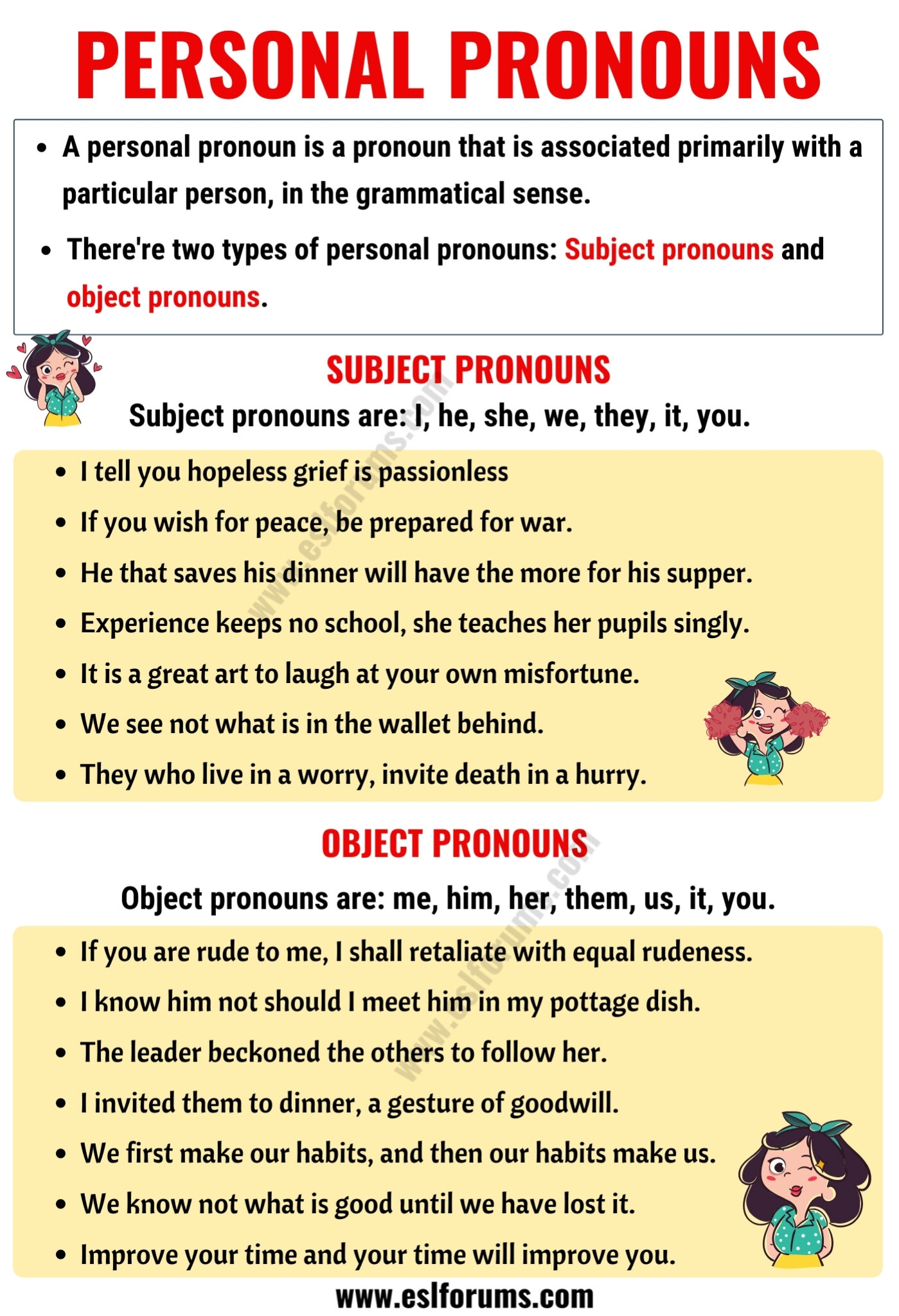When it comes to the English language, personal pronouns play a crucial role in communication. They replace nouns to make sentences more concise and easier to understand. However, there is often confusion about whether the word “people” can be considered a personal pronoun.
Personal pronouns are words that are used to replace specific nouns in a sentence, such as “he,” “she,” “it,” “we,” and “they.” These pronouns help avoid repetition and make sentences flow more smoothly. While “people” is a noun that refers to a group of individuals, it is not typically used as a personal pronoun in English.
Unlike personal pronouns, “people” is a plural noun that refers to a group of individuals rather than a specific person. It is used to describe a collective group of individuals, such as “the people in the room” or “the people at the party.” While it is a common word in the English language, it does not function as a personal pronoun in the same way as “he” or “she.”
When referring to a specific group of individuals, it is more appropriate to use personal pronouns such as “they” or “we” to replace the noun. For example, instead of saying “the people are coming,” you could say “they are coming” or “we are coming” to make the sentence more concise and clear.
In summary, while “people” is a common noun in the English language, it is not considered a personal pronoun. Personal pronouns are used to replace specific nouns in a sentence, whereas “people” refers to a group of individuals. By understanding the difference between nouns and pronouns, you can improve your communication skills and make your writing more precise.
Overall, while “people” may not be a personal pronoun, it is still an important word in the English language that is used to describe groups of individuals. By using personal pronouns correctly, you can enhance your writing and communication skills to effectively convey your message.
